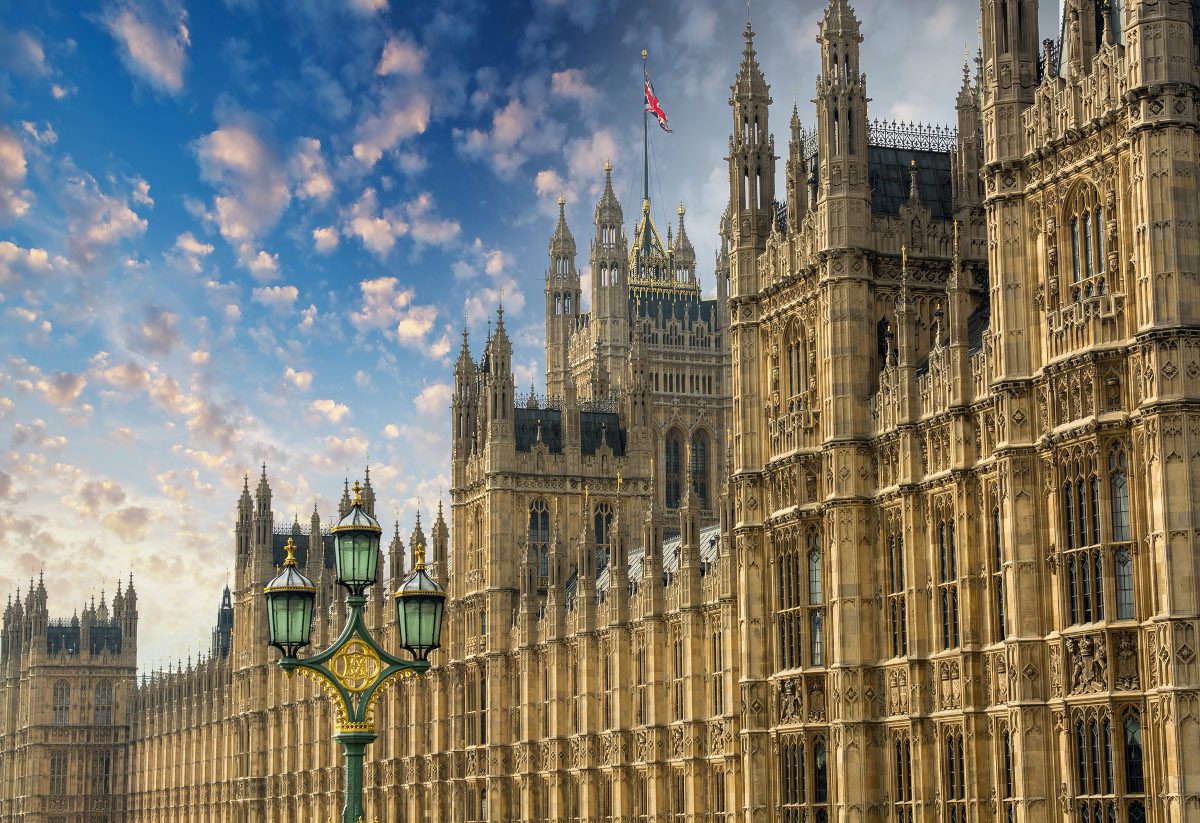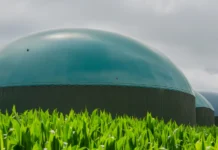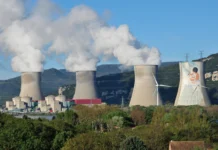
The King’s Speech on 7 November seemed to put little wind in the sails of those seeking to address environmental problems.
Commentators noted an absence of material on sewage spilling into rivers, or raising energy efficiency standards in rented accommodation, or providing the support for local authorities to implement Simpler Recycling – to name a few concerns whose omission seemed to provoke comment.
Positives included a commitment to improve grid infrastructure and an aspiration to “attract record levels of investment in renewable energy sources”.
Most controversial was the decision to support the future licensing of new oil and gas fields, “helping the country to transition to net zero by 2050 without adding undue burdens on households.” The proposal was viewed by many as a cynical attempt to draw an electoral battle line on the issue of climate change.
Sunak reiterated comments made in August, that domestic energy would play a crucial role in meeting net zero while offering protection against the volatility of international markets. While the country continues to depend on oil and gas – and around a quarter of its energy needs are expected to be met in this way until the planned net zero phase-out of 2050 – it makes better sense to produce our own supplies, which have a lower carbon footprint than those imported, he has previously said.
Following the 7 November speech, the Green Party’s Caroline Lucas said Sunak wasn’t being “straight” with the British public, noting in a tweet that any new oil and gas will be “sold on global markets to [the] highest bidder”, a comment that seemed to acknowledge that around 75% of North Sea Oil and Gas is exported. It won’t cut energy bills, she said in parliament – a fact conceded by energy secretary, Claire Coutinho, on the day of the King’s speech.
Under the plans, the North Sea Transition Authority (NSTA) will invite applications for new licences on an annual basis.
This annual licensing round will only take place if a couple of key tests are met, namely: (1) that the UK is projected to import more oil and gas from other countries than it produces at home, and (2) that the carbon emissions arising from the production of UK gas are lower than the equivalent emissions from imported liquified natural gas (LNG).
How much lower emissions UK gas would have to be – to meet this supposed green threshold – is unspecified at this point.
Countryside charity the CPRE also concluded: “Making it easier for future governments to extract oil and gas will have no material effect on bills or energy security.’
Given the non-negotiable fossil fuel-phase out, an urgent timeline that many fear the country will fail to meet, given recent policy changes, many wondered: what about the investment needed to accelerate renewables?
Dr Nina Skorupska CBE, Chief Executive of the REA (Association for Renewable Energy and Clean Technology) said: “The Government should be using the limited parliamentary timetable we have left to strengthen energy security and net zero in the UK. Instead, it is back-pedalling on measures to reach our own legally binding targets.
“The Prime Minister could be stimulating the economy – one of his major priorities – by accelerating the energy transition through green supply chain support, finding new routes to market to decarbonise heat, zero rated VAT for new small-scale energy storage installations, ambitious transport decarbonisation measures and new funding for Local Authorities to deliver the new Simpler Recycling measures. There was no mention in the King’s Speech today to address these barriers.”
The REA called for concrete steps to be announced in the Autumn statement, to address some of these issues.
Some were encouraged by the speech’s apparent pledge to “reform grid connections”. Tom Faulkner at energy consultancy Cornwall Insight seemed to feel the commitment was “a crucial first step”. But, he added, “getting network reforms right is a complicated task.”
“While investment is crucial, planning rules are also denying the country of the efficient energy system it needs.”
“Streamlining planning regulations to accelerate the construction of essential infrastructure like transmission lines and substations, is an essential ingredient to making sure everybody’s energy needs are met now and into the future.
“Striking a balance between environmental protection and the urgent need to modernise our energy grid will be challenging, but we must remember that no environment will remain untouched by the impacts of a global climate crisis.”
“We must also address the slow pace of grid connections and the growing backlog of projects awaiting approval. Too many important projects are being held up by lengthy queues. However, we urge caution, because there is a need to manage concerns and make sure developers and investors don’t see new projects enter the queue and leapfrog them under the new rules.”
The CPRE said it was “critically important to retain meaningful community involvement in the building of new electricity infrastructure.”
“We remain concerned that the rolling out of new electricity infrastructure such as battery storage and pylons could put our finest landscapes at risk. We urge the government to rethink these proposals and put communities and landscape considerations at the heart of planning new infrastructure.”
The speech also included mention of plans to “introduce new legal frameworks to support the safe commercial development of emerging industries, such as self-driving vehicles”. The Automated Vehicles Bill “will unlock a transport revolution by enabling the safe deployment of self-driving vehicles”, said the statement. It gave particular prominence to the technology’s capacity to make transport safer, citing apparent findings that 88 percent of accidents currently involve human error.







